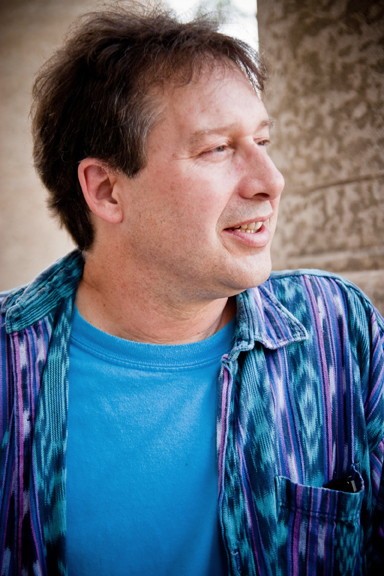AFN election says a lot about Aboriginal People’s worldview
Atleo’s green sense makes him a good choice for chief, supporters say
The Assembly of First Nations’ (AFN) recent election highlighted the differences between the election processes used by Aboriginal Peoples and those utilized by other Canadians. Some say these differences say a lot about the mindset of Aboriginal People.
AFN grand chief Shawn Atleo won the July 23 election in a very tight race lasting eight ballots.
There are 612 First Nations bands in Canada. Each band has one vote regardless of the population of the band and the vote is cast by their chief.
B.C. has the highest percentage of eligible votes, not based on the population of the communities but rather because of the 198 bands located in the province.
Candidates needs 60 per cent of the votes to win and voting continues until a national chief has been decided upon, regardless of the time it takes. Proxies are allowed if a chief is unable to attend.
The race between Atleo’s closest rival, Perry Bellegarde, was close and 18 hours into the election Atleo and Bellegarde were deadlocked.
Although Atleo fell short the 60 per cent of votes needed to win, Bellegarde conceded 22 hours into voting.
This is indicative of the kind of person Bellegarde is, and of traditional Aboriginal values.
“I think that part of it was very altruistic – that [Bellegarde] actually decided that there was some division that was happening there and he was looking for the greater good,” University of Manitoba native studies professor Bret Nickels said. “I think that is shows what a good candidate he was.”
Professor Nickels also notes that Atleo is well respected in B.C. and beyond.
The Aboriginal Chamber of Commerce (ACC), which represents aboriginal business leaders and entrepreneurs in Manitoba, believes Atleo will make a great role model for its members.
“In the future we would like to invite him to speak to our membership,” said ACC membership and programs director Preston Roulette.
Atleo addressed the economy and environment in his election strategy, with a vision of sustainable economic self-sufficiency and green development.
“The trend is starting to shift in thinking about business and considering the environment,” Roulette said.
“I think [Atleo’s] message and his [environmental] efforts are certainly timely and needed,” Nickels added.
Atleo, who is chancellor of Vancouver Island University and holds a master’s degree in education, spoke of “threats to education supports” in his election platform.
“The limited access to education for Aboriginal People is the issue chief Atleo should address,” said Red River College student Joe W (who requested his last name not be used).
“Funding to education has been frozen at a time when we have more Aboriginal People trying to go to school,” Nickels said. “That puts the bands in a quandary.”
Earlier this year, the Canadian Association of University Teachers called on the federal government to honour its treaty commitments in education funding.
Published in Volume 63, Number 30 of The Uniter (August 13, 2009)







